Bringing tech into the bedroom can be more harmful than helpful. Glancing at your phone before hitting the sack may be distracting and, more important, the blue light its screen emits is known to make falling asleep more difficult. But that’s not true for all gadgets. These smart-home devices want to invade your bedroom with the aim of improving your slumber.
Helps you fall asleep
MUSE HEADBAND, $249
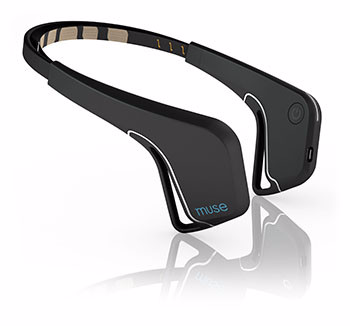
Falling asleep can be more difficult than staying asleep. With its headband, Muse hopes to train the brain to handle stress more efficiently, making it easier to relax. The gadget uses sensors to measure brain activity and then feeds that data to an app that guides you through meditation exercises. A number of less expensive or free meditation apps attempt to do much of the same without the headband.
Buy it: amazon.com
HERE ONE SMART EARBUDS, $299.99
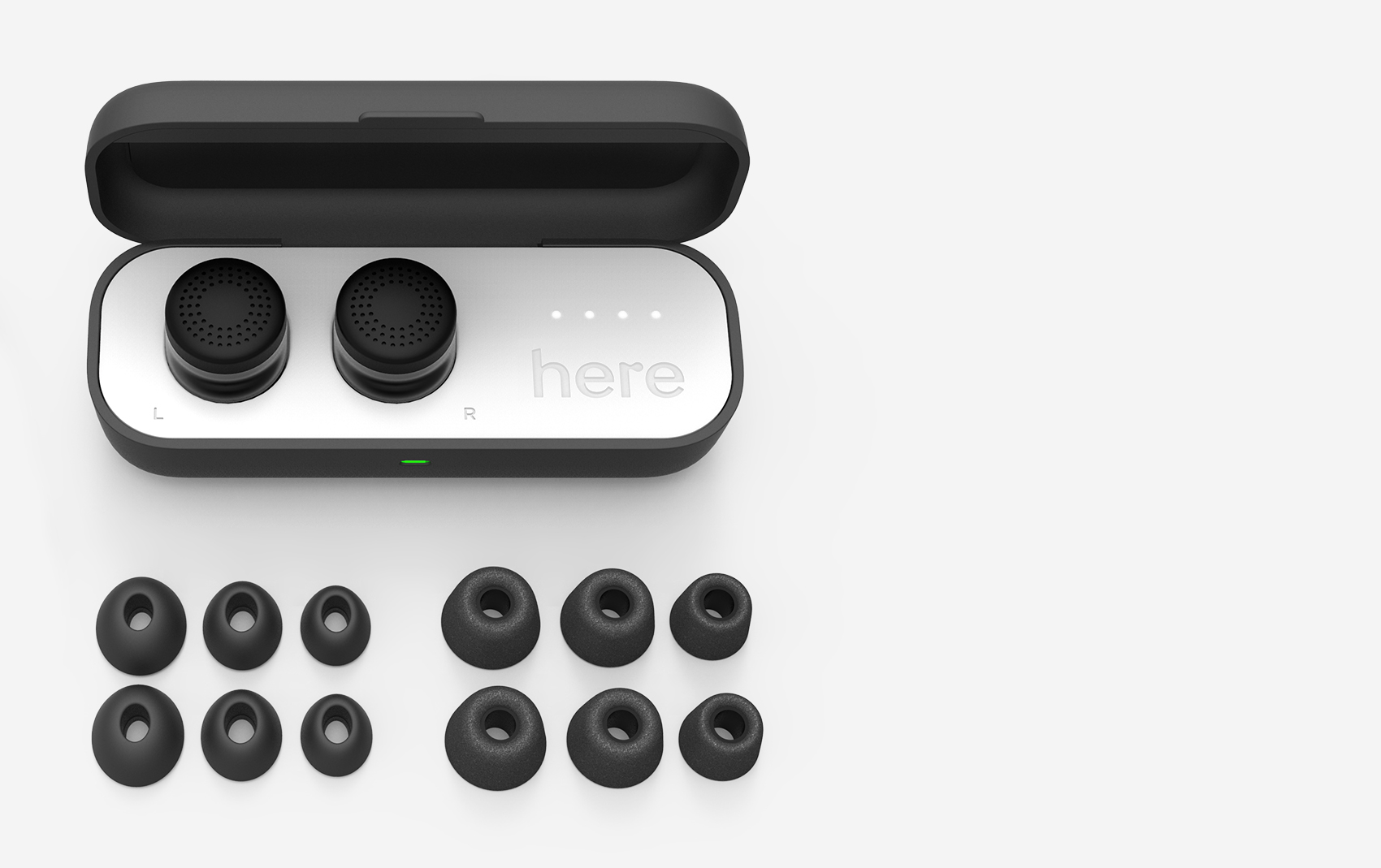
Sometimes earplugs or the sound of the TV isn’t enough to drown out a partner’s snoring. Earbuds like these can help by allowing you to progressively drown out the volume of the world around you. And if you typically need white noise to fall asleep, you can turn on a filter for that type of sound through the accompanying app.
Buy it: brookstone.com (or directly from Doppler Labs)
APPLE IPHONE, $399–$769
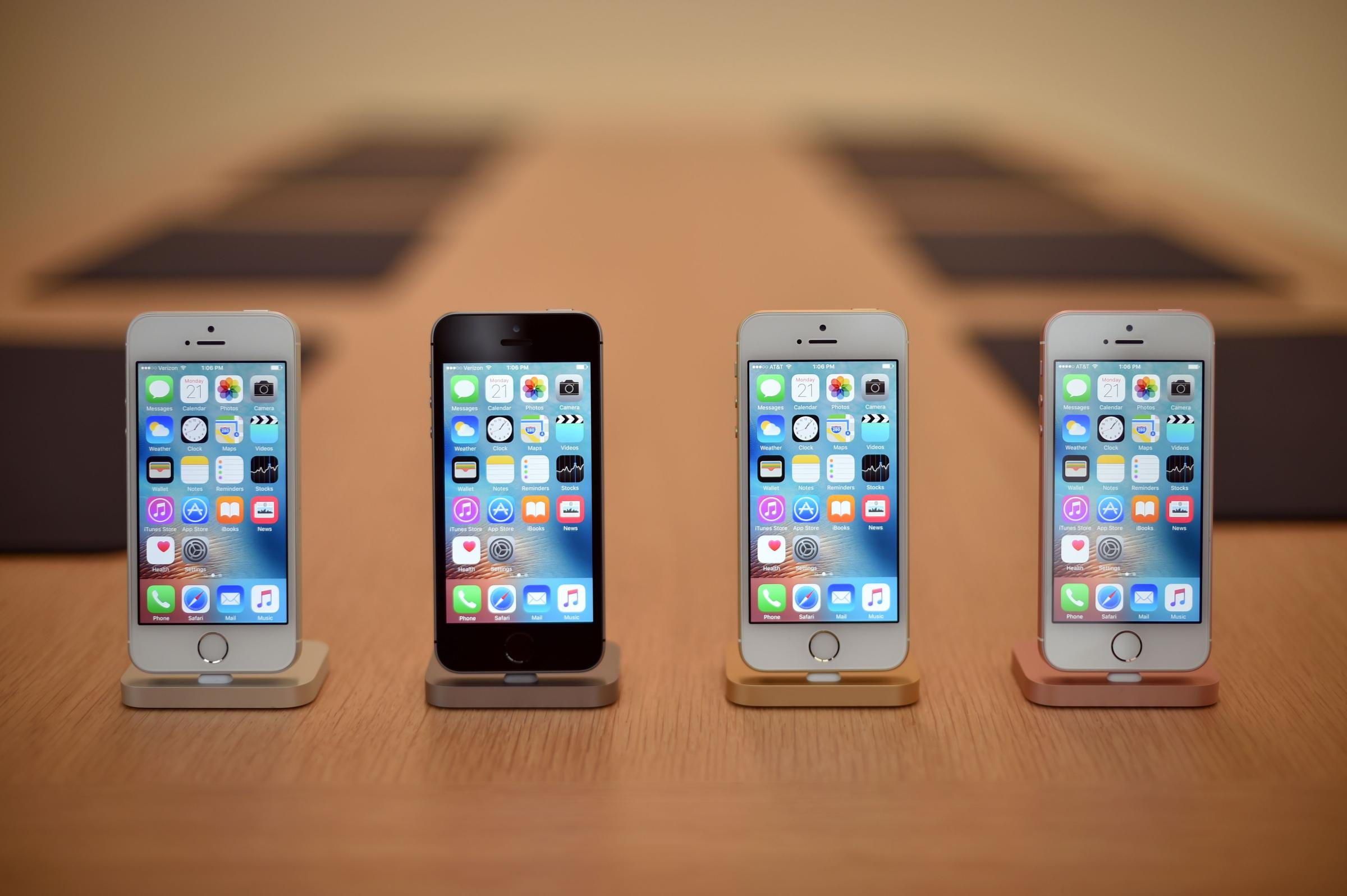
Staring at the blue light coming from your phone before bed can make it harder for your body to produce melatonin, the hormone that affects circadian rhythms. Apple’s Night Shift feature lessens this effect by making the display colors look warmer to reduce blue light. It can also remind you to get to bed at the same time to even out your sleep habits.
Buy it: apple.com
Helps you sleep better
S+ SLEEP MONITOR, $129.99
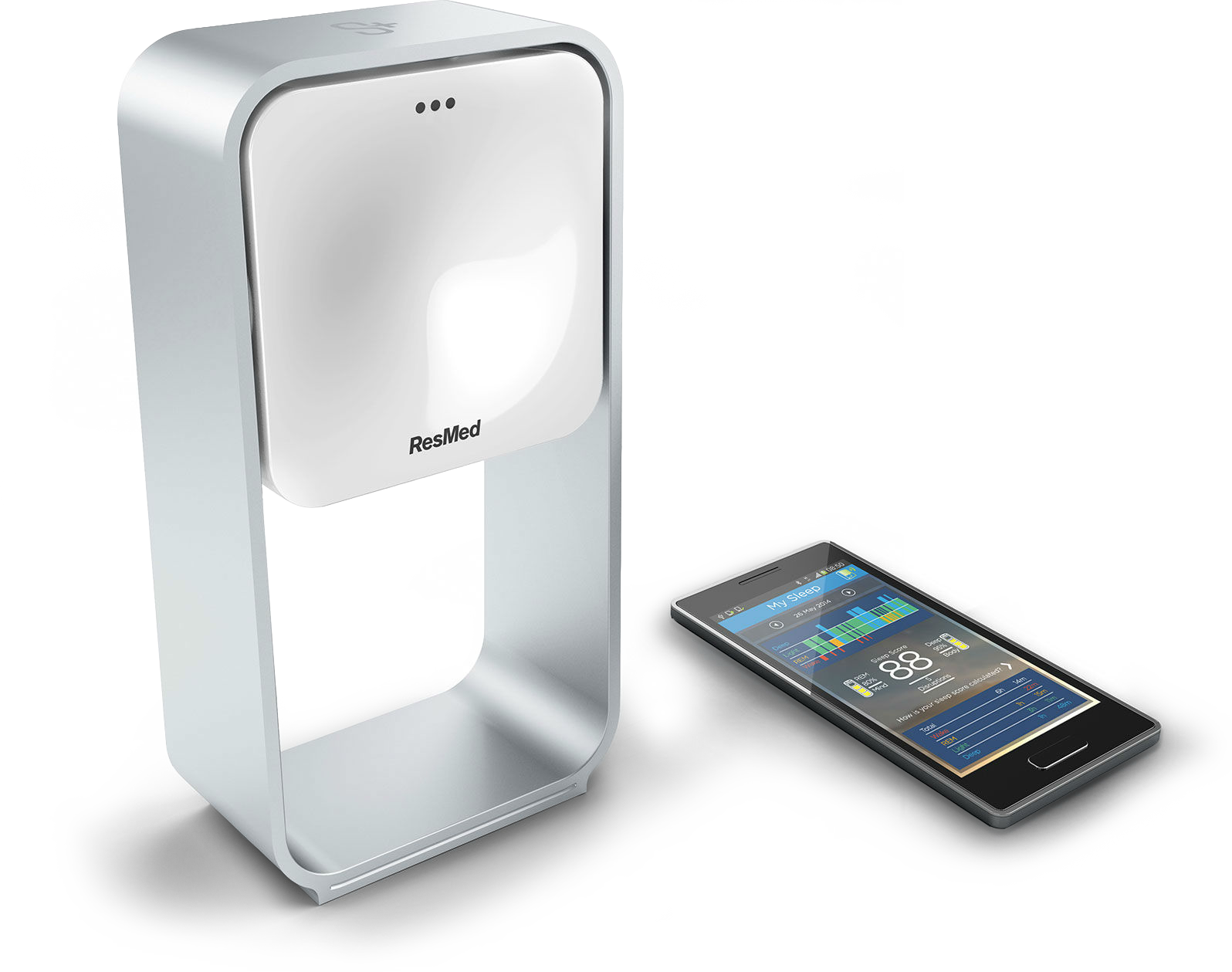
Many devices that track sleep require special sensors worn on the body or embedded in a mattress. ResMed’s S+ claims to monitor without making physical contact. Instead, it uses motion-detection technology to pick up your tosses and turns throughout the night. It can also assess whether the temperature and lighting conditions in your room are preventing you from sleeping better.
Buy it: amazon.com
SLEEP NUMBER IT BED, $1,099
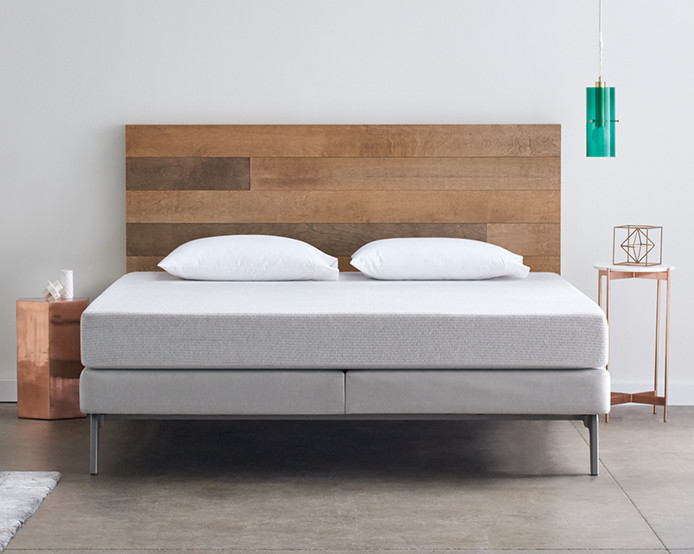
The firmness of this mattress can be adjusted via a smartphone app. Built-in sensors can also track your heart rate, breathing and movement to relay insights about how you sleep. There’s no remote, though, which means you’ll have to reach for your phone each time you want to adjust the bed.
Buy it: sleepnumber.com
SMART NORA, $279

Snoring isn’t only disturbing for those sharing a bed with you. It can disrupt your own sleep and may be a risk factor for cardiovascular disease. To prevent snoring, Nora activates a small pump that sits under your pillow when it detects snores, which moves your head to stimulate the throat muscles. It might not work for fidgety sleepers who don’t always stay put.
Buy it: smartnora.com
Helps you wake up
BEDDI SMART ALARM CLOCK, $99.99
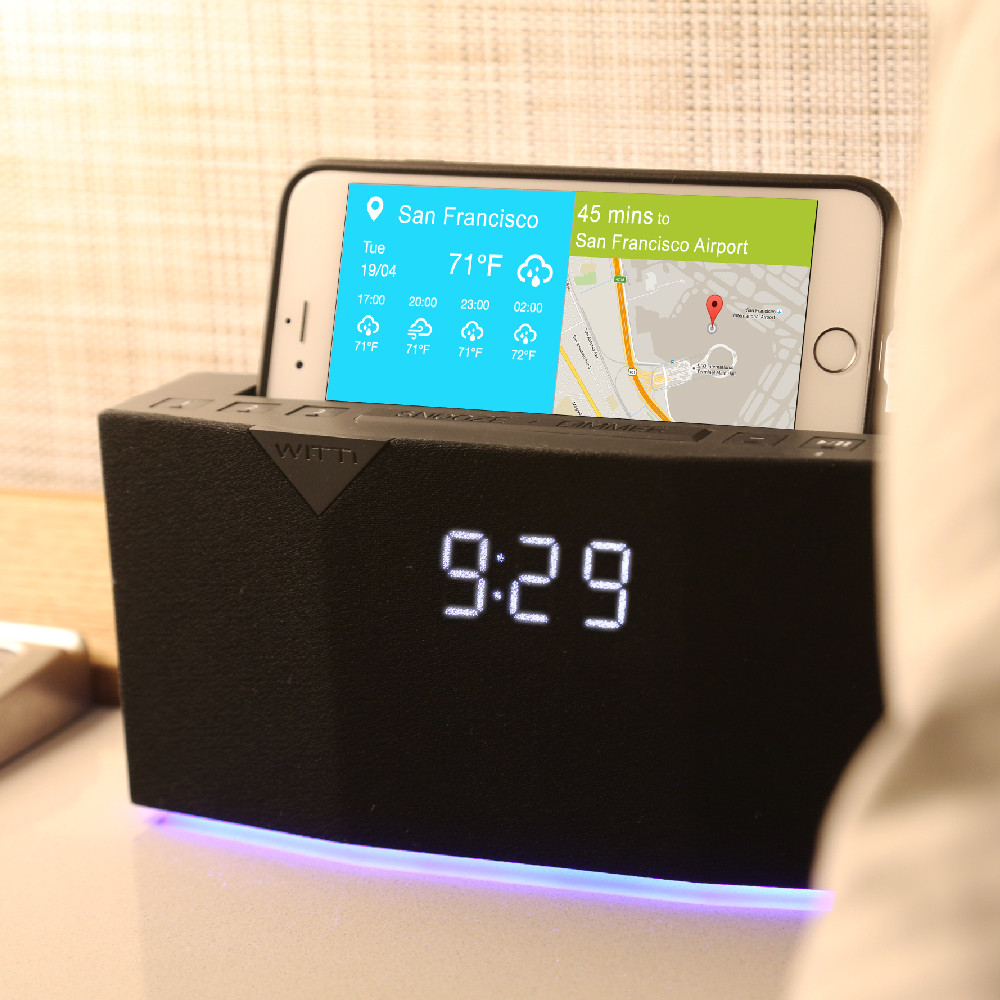
Beddi is the Swiss Army knife of alarm clocks. In addition to shining a warm light and streaming Spotify tunes to wake you up, it can charge your smartphone, control your other connected devices and read you the weather and traffic updates when you wake.
Buy it: amazon.com
PHILIPS WAKE-UP LIGHT, $169.99
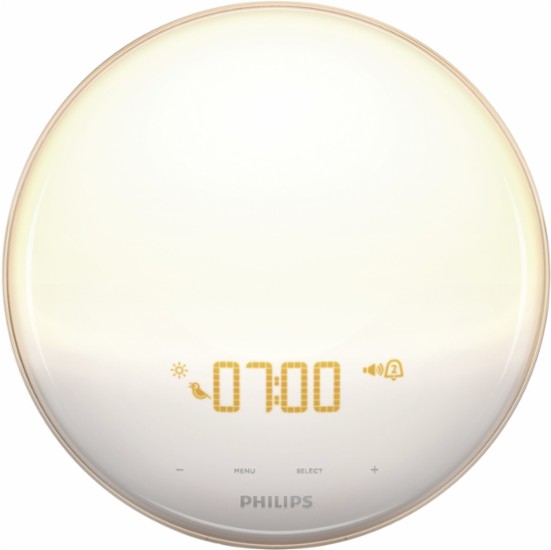
A dark room can make it difficult to get out of bed, while strong sunlight may be too harsh on the eyes early in the morning. Philips’ lamp aims to mimic natural sunlight, its intensity gradually increasing within 30 minutes of waking up. And while it does let you choose one of five sounds or an FM radio for your wake-up call, it doesn’t connect to your Spotify account like the Beddi or Withings Aura can.
Buy it: amazon.com
FITBIT CHARGE 2, $149.95
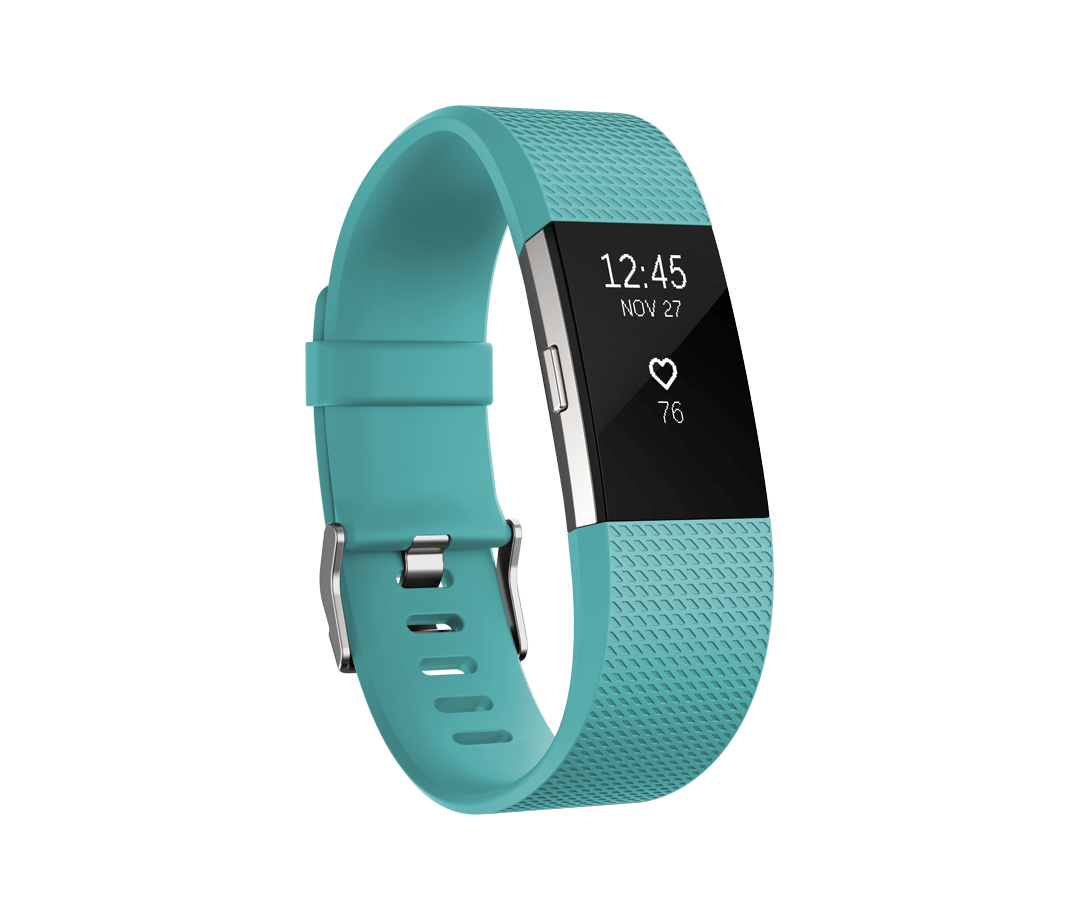
If waking up to an audio alarm isn’t effective (or endurable) for you, try a fitness tracker such as the Charge 2. The wristband can wake you up with a gentle buzz as well as provide data about your sleep duration and quality. This spring the company promises it will be able to distinguish between deep, light and REM sleep, a feature that some competing smart wristbands have had for years.
Buy it: amazon.com
(Read TIME’s affiliate link policy.)
Correction: The original version of this story incorrectly referred to one of the sleep gadgets. It is the Philips Wake-Up Light, not the Philips Hue Wake-Up Light.
More Must-Reads from TIME
- How Donald Trump Won
- The Best Inventions of 2024
- Why Sleep Is the Key to Living Longer
- Robert Zemeckis Just Wants to Move You
- How to Break 8 Toxic Communication Habits
- Nicola Coughlan Bet on Herself—And Won
- Why Vinegar Is So Good for You
- Meet TIME's Newest Class of Next Generation Leaders
Contact us at letters@time.com